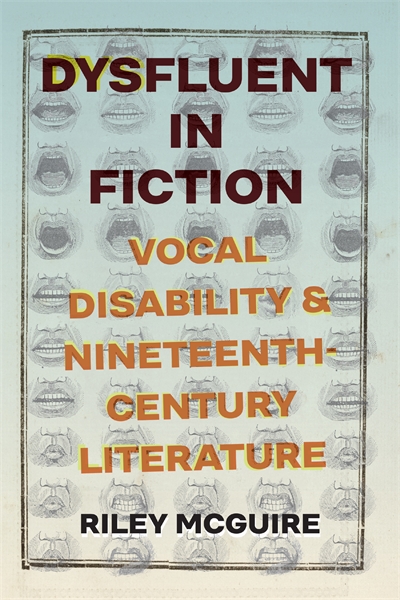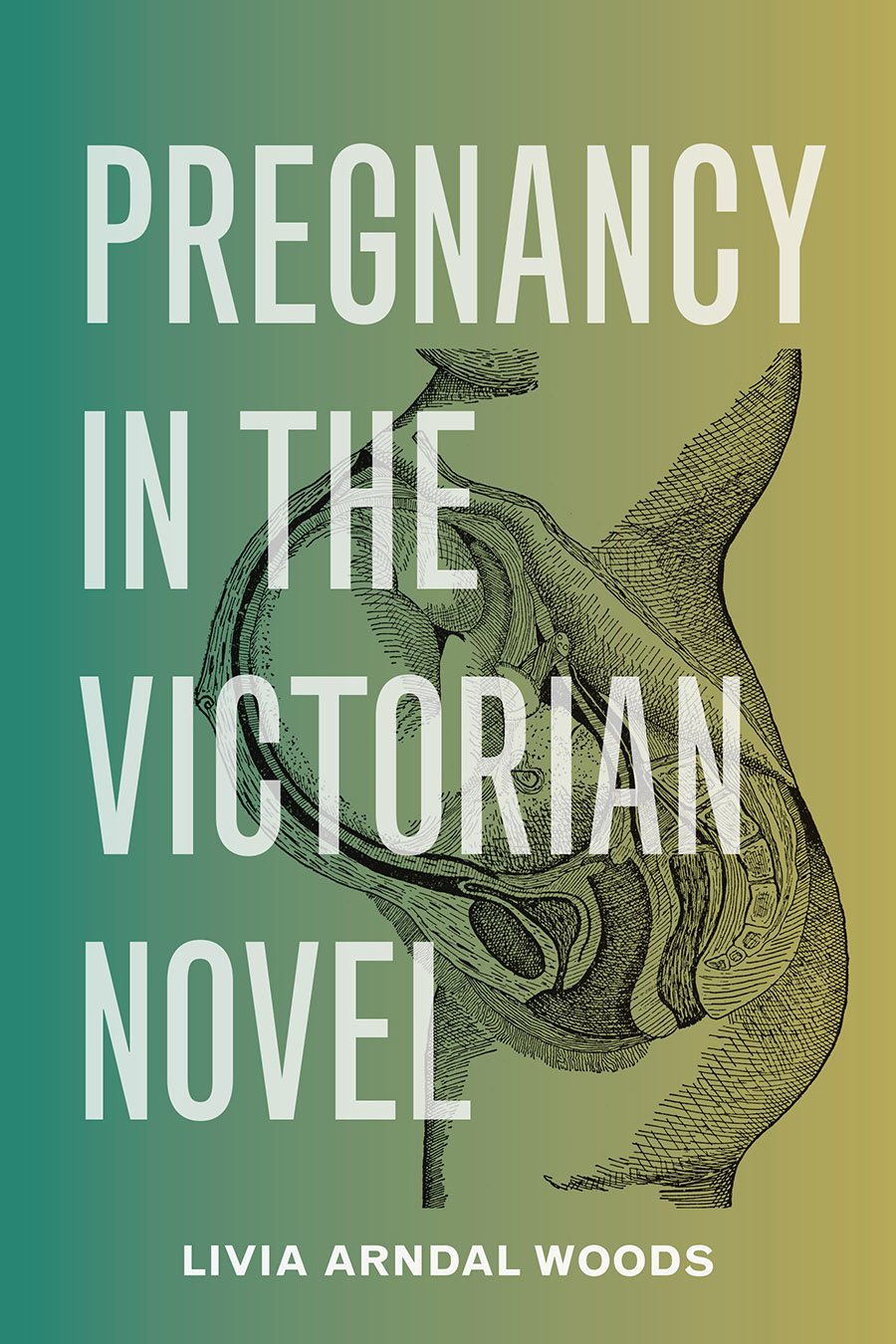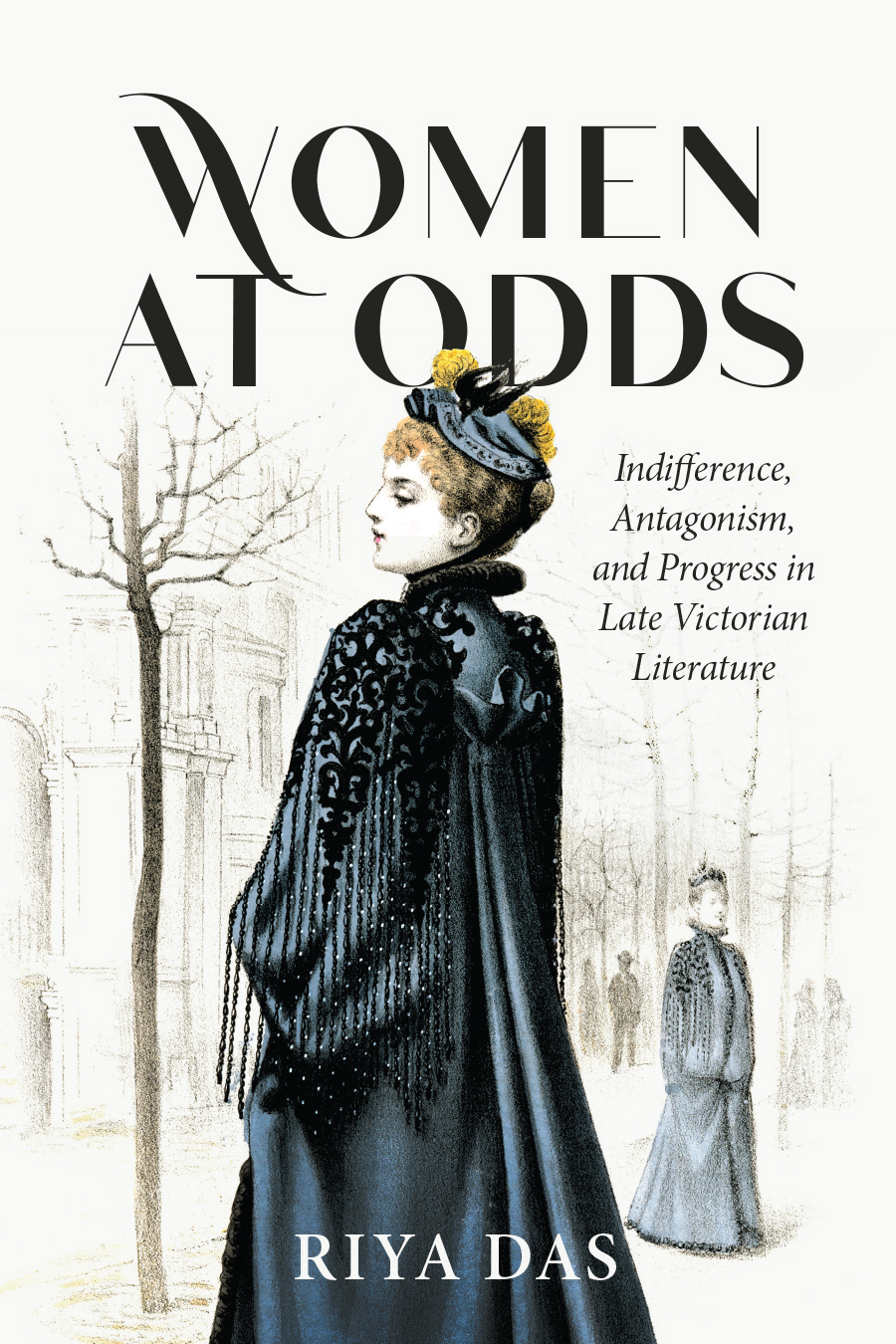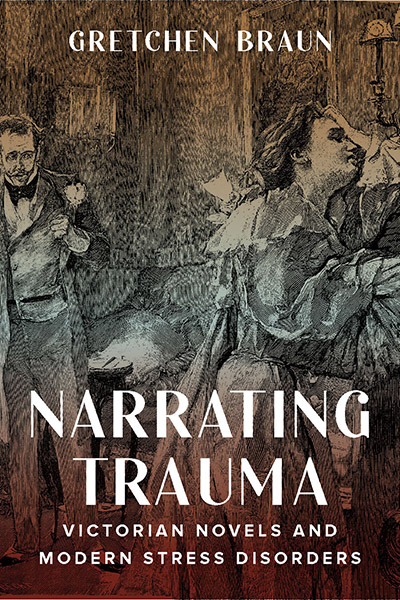Dysfluent in Fiction in Public Books
“Intelligent and persuasive throughout....McGuire limns his arguments crisply and clearly, and in ways that convincingly organize and make sense of the material.” —Ivan Kreilkamp, Nineteenth-Century Literature
“[Dysfluent in Fiction] provides a fascinating and engaging perspective on the influence of voice in various contexts during the nineteenth century. Readers who are interested in the representation of vocal variations in nineteenth-century texts will greatly benefit from reading this book.” —Lindsey Carman Williams, The Victorian Web
“Dysfluent in Speech effectively highlights the prevalence of dysfluent speech in nineteenth-century literature and the variety of roles it could fulfill....McGuire paints a complex picture of dysfluent speech in nineteenth-century society.” —Rachel Peacock, Synapsis: A Health Humanities Journal
“McGuire deftly combines literary texts, biographical and historical sources, reception theory, and contemporary criticism to illuminate vocal disability not as a minor aspect of secondary characters but as a central facet of nineteenth-century narratives.” —Karen Bourrier, author of Victorian Bestseller: The Life of Dinah Craik
“A standout feature of Dysfluent in Fiction is that it stays true to the project of dysfluency—it refuses to reduce a study of vocal disability to a liberatory project that might overstate dysfluency’s resistance of fluent speech’s hegemonic and sovereign assumptions. An original, well-researched, nuanced treatment of a neglected subject.” —Amy R. Wong, author of Refiguring Speech: Late Victorian Fictions of Empire and the Poetics of Talk
In Dysfluent in Fiction, Riley McGuire unspools a literary history of vocal disability in the nineteenth century, arguing that this underexamined literary trope helps us to understand vocal hierarchies that still structure our present. Adopting the term “dysfluency” to show departure from normative expectations of pace, pitch, and fluency, McGuire reveals how dysfluent speech populates an enormous number of nineteenth-century texts and played a formative role in the lives of some of the period’s most influential writers.
Dysfluent in Fiction examines anglophone literature during the long nineteenth century in both England and America by authors such as William Makepeace Thackeray, Charlotte Brontë, Lewis Carroll, Mary Elizabeth Braddon, and Frederick Douglass. Examples of dysfluencies across genres include lisping lovers, a baby-talking fairy, a mute detective, various disabilities in narratives of enslavement, and more. These representations show how disabled speech was both stigmatized and celebrated in ways that clarify our contemporary response to the spectrum of human articulation and that are a vocal corollary to current notions of neurodiversity. Dysfluency’s power, McGuire contends, lies in its denial that a single mode of articulation is possible, let alone desirable.

Photo credit: Shawn Needham
Riley McGuire is Assistant Professor of English at Worcester State University, where his teaching and research focus on nineteenth-century British literature and its intersections with theories of disability, sexuality, and sound.
Contents
List of IllustrationsAcknowledgments
Introduction The Stammering Century
Chapter 1 Lisping Lovers: Plotting Dysfluent Union in Thackeray and Brontë
Chapter 2 Refusing to Grow Up and Speak Right: Prosthetic Authorship and Dysfluent Choice in Dodgson
Chapter 3 “The Dumb Detec(k)tive”: Braddon’s Professionalization of the Mute Role
Chapter 4 Our American Cousin, Our Dysfluent Nation: Celebrity Speech Disorder on the Transatlantic Stage
Chapter 5 “I Have Cut Loose Your Stammering Tongue”: Enslavement, Dysfluency, and the Vocal Metaphors of Freedom
Coda “Th-th-th-that’s All, Folks!”
Works Cited
Index





